
Ever since the collapse of the Soviet Union, the Baltic countries have been skeptical about Russia’s true aims. It was a view that proved to be more realistic than those held by many in the West, who thought that Russia can be a genuine partner of the Western liberal democracies and part of a stable international system.

The linguistic and identity issue has persisted throughout the Republic of Moldova’s 30 years of independence. The most important claim during the national liberation movement of 1988-91 – the recognition of the Romanian language as the official language and the fact that Moldovans are part of the Romanian people – was hijacked in the following years by politicians from the old communist nomenclature, who also succeeded to include in the Constitution the phrase “the Moldovan language” as the state language.

The February 6 quake could deal a heavy blow to the administration led by Recep Tayyip Erdoğan, commonly seen as the man responsible for the disregard of building safety codes. The Turkish president came under heavy criticism for the authorities’ sluggish response to this disaster, which affected primarily the Kurds and the Alevi. The quake might equally exert a heavy toll on Turkey’s foreign policy, considering that Ankara’s traditional enemies have shown solidarity with the Turkish people.

Russia launched its “special military operation” in the early hours of February 24. The scale and direction of the Russian attack show that Moscow was planning a blietzkrieg that would end with the beheading of the Ukrainian leadership and at least the seizing of the entire Black Sea coast to open the way to Transnistria. However, the Ukrainian resistance overturned Moscow's plans, and the conflict became a long-lasting one, in which both camps have scored successes, but also failures. Veridica presents 10 of the main moments of this war.

Formally, Tbilisi maintains its course towards integration into Euro-Atlantic structures, but the movement towards the West has been on inertia lately, while Moscow's influence is only growing. The ruling party, founded by oligarch Bidzina Ivanishvili, increasingly links national interests with his personal interests, be it political or business related. At a decisive moment for Georgia's future, such a policy may prove fatal.
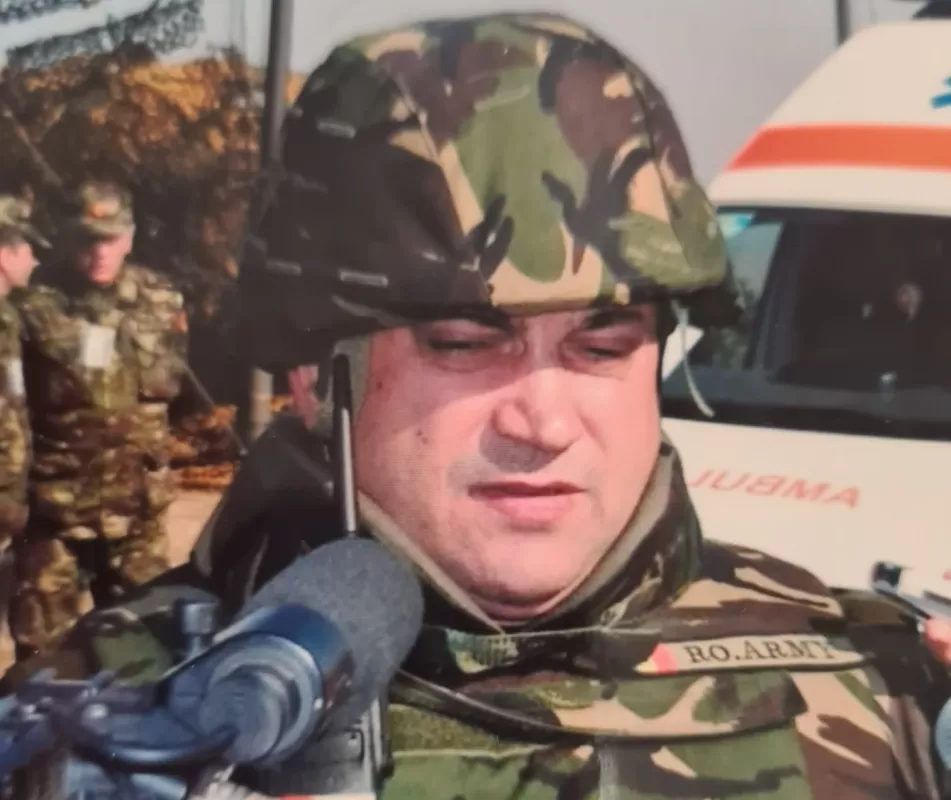
Ukraine would need two fully equipped mechanized divisions to push the Russian forces out of the four regions annexed in the fall, according to the reserve lieutenant general Cătălin Tomiță Tomescu, tank officer and former commander of the Multinational Corps South East (MNC-SE ), NATO’s regional command. General Tomescu warns, however, that its human and material resources are an advantage to Russia, as well as the fact that its leaders are indifferent to the huge losses they are experiencing on the front.
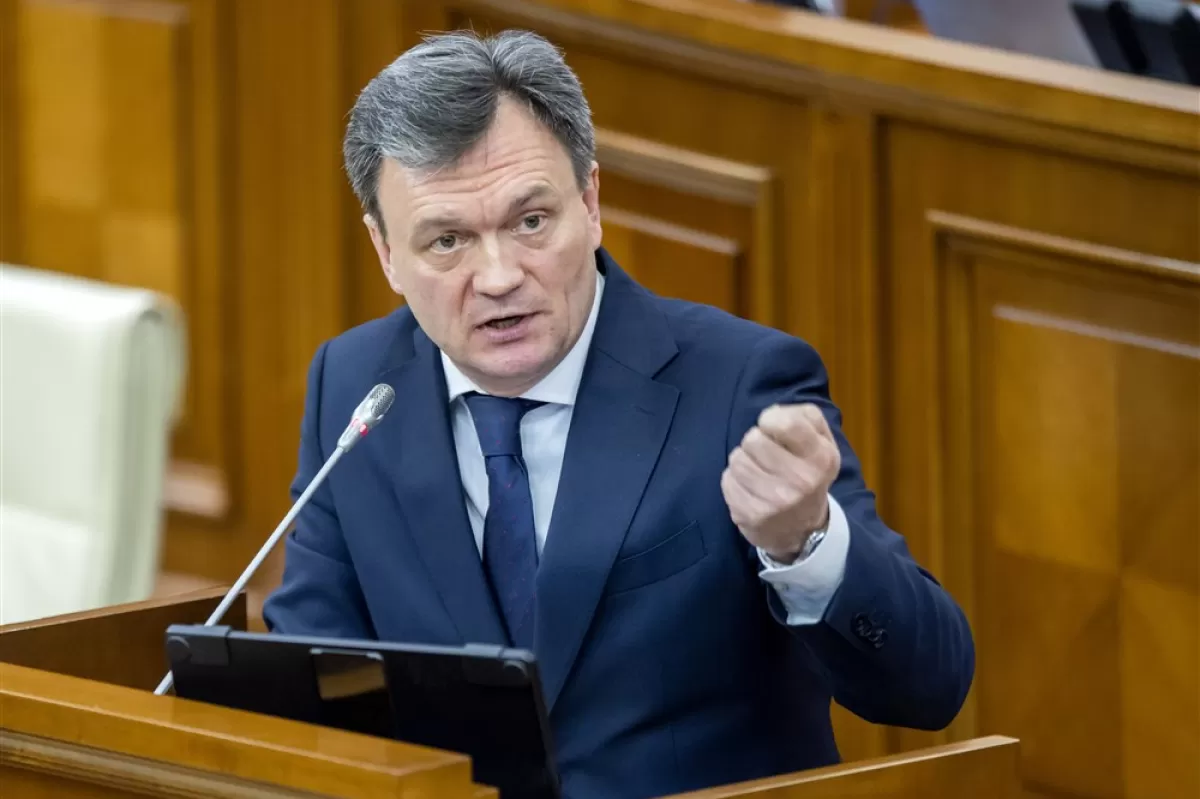
Voted by Parliament less than a week after the resignation of the Gavrilita Government, the Recean cabinet came up with a government program that focuses on security, economic development and the European integration of the Republic of Moldova. The document does not make any reference to the relations with Russia, although it is clear that Russia will continue to influence, through its people, the political processes in Chisinau and has other important levers, primarily Transnistria and the energy weapon.

The earthquake in Turkey was caused by the “the world’s great powers” - i.e. Westerners - to punish the country's president, Recep Tayip Erdoğan, Senator Diana Sosoaca believes. She presented her theory on the very rostrum of the Senate, in a statement stuffed with conspiracy theories, fake history, narratives about the war in Ukraine reminiscent of Russian propaganda and a call to battle with references to the Old Testament.

According to the Moldovan president, the Russian plan involves para-military units of foreign fighters, in civilian clothes, which would have attacked state institutions and taken hostages, the actions being masked by protests of the pro-Russian opposition.

Estonia is gearing up for general elections, which are scheduled in March. This year, they will come against the backdrop of Russia’s invasion of Ukraine and the problems brought by the war throughout the region. Thus, security and energy are bound to be the main topics of the electoral campaign. Also because of the war, it is highly unlikely that any significant party will raise the questions of improving relations with Moscow as a way of courting Estonia’s Russian minority.

Thousands of buildings collapsed in Turkey during the February 6 earthquake. This is not the first tragedy of this magnitude in the history of this country. While other countries in areas with a much higher degree of seismic activity have understood the importance of reducing seismic risk through strict regulations in the construction sector, Turkey seems to be always taken by surprise.
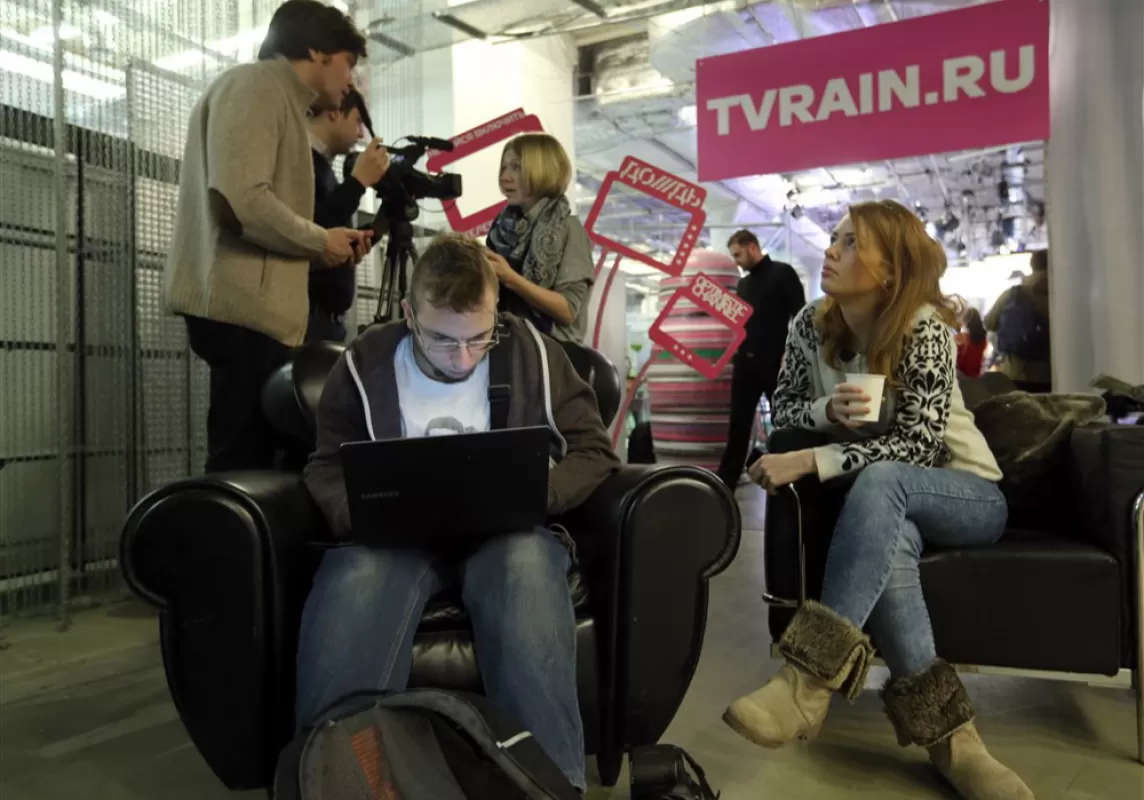
As the Kremlin made it virtually impossible for independent media to work in Russia, many outlets and journalists took refuge abroad. The Baltics offered such a safe haven including to the famous TV Rain, which moved its main operations to Latvia. After broadcasting for several months, TV Rain’s license was revoked for not complying with the Latvian rules and showing sympathy for the Russian troops fighting in Ukraine. However, Riga’s decision, while considered too harsh by some, did not lead to an exodus of Russian independent media from the Baltics.

According to a document of the Russian Federal Guard Service, the agency is prepared to defend Vladimir Putin including with the help of hypnotists and priests. The existence of a parapsychological defence plan may seem bizarre, but a penchant for mysticism and the paranormal is not uncommon in Russia. Over time, the elites and even the state have turned to unconventional helpers, such as Rasputin, KGB parapsychologists or the FSB general who said he can read minds.
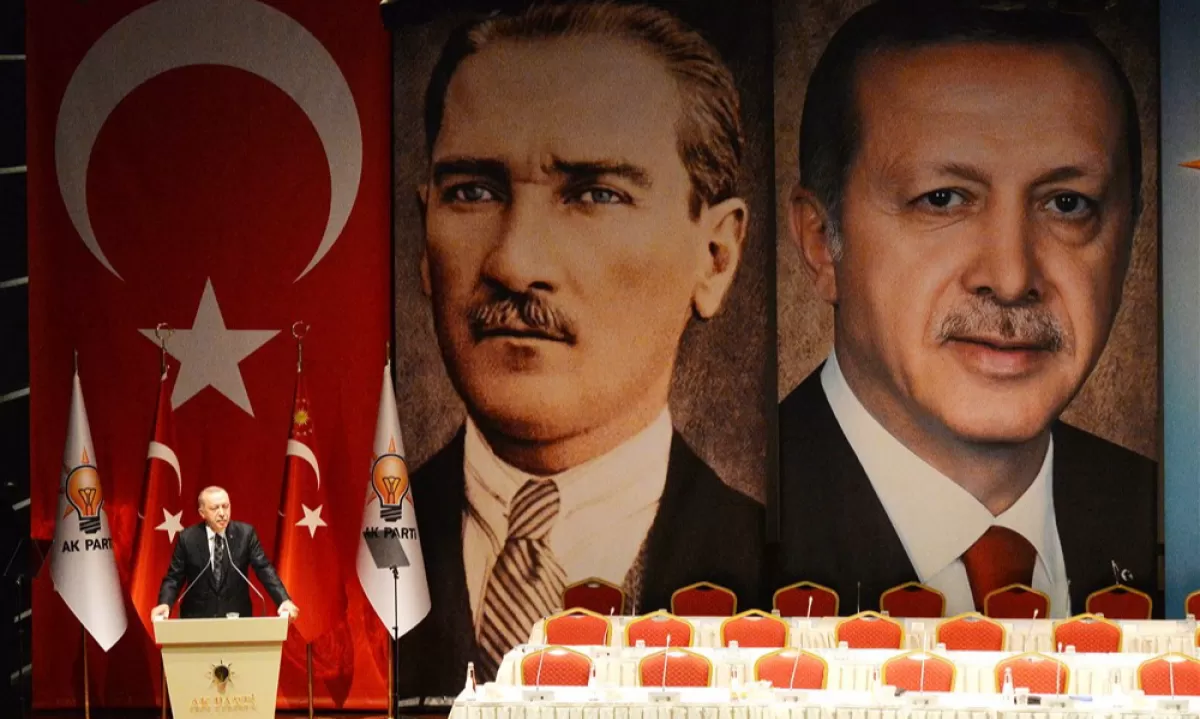
Recep Tayyip Erdoğan is trying to consolidate his regime by jockeying a third term at the helm of the country. The general elections this spring will take place amidst a severe economic crisis. To increase their odds, the Islamists have resorted to electoral handouts and sabotaging the opposition. The elections take place in a very special year: 2023 marks a century since Mustaka Kemal Atatürk proclaimed the republic, a republic which today is facing a full-blown crisis and is drifting further away from the vision of its founder.

The withdrawal by Lithuania of the License of the Russian television station Rain TV, brings to attention an older issue regarding the liberal Russian opposition: is it willing to abandon the imperialism at the core of the various autocrat Russian regimes? Lithuanian journalist Nikadem Szczygaowski writes that from the Tsarist era reformists to contestants of the Soviet system as Mihail Bulgakov to Putin opponents like Alexei Navalnîi, the support for the empire - described, euphemistically, as the "Russian world" - seems to remain the same.

Over the past year, the health of the former Georgian President Mikheil Saakashvili, who is serving a six-year prison sentence, has been a major topic of political debate both inside and outside of Georgia. The opposition and Saakashvili's lawyers say he should be transferred to a European clinic to be treated for mental illness, personality deterioration and severe depression. The government claims that the former president is faking it. Finally, signals are coming from Brussels that if Mikheil Saakashvili dies in detention, Georgia's European future could be jeopardized.
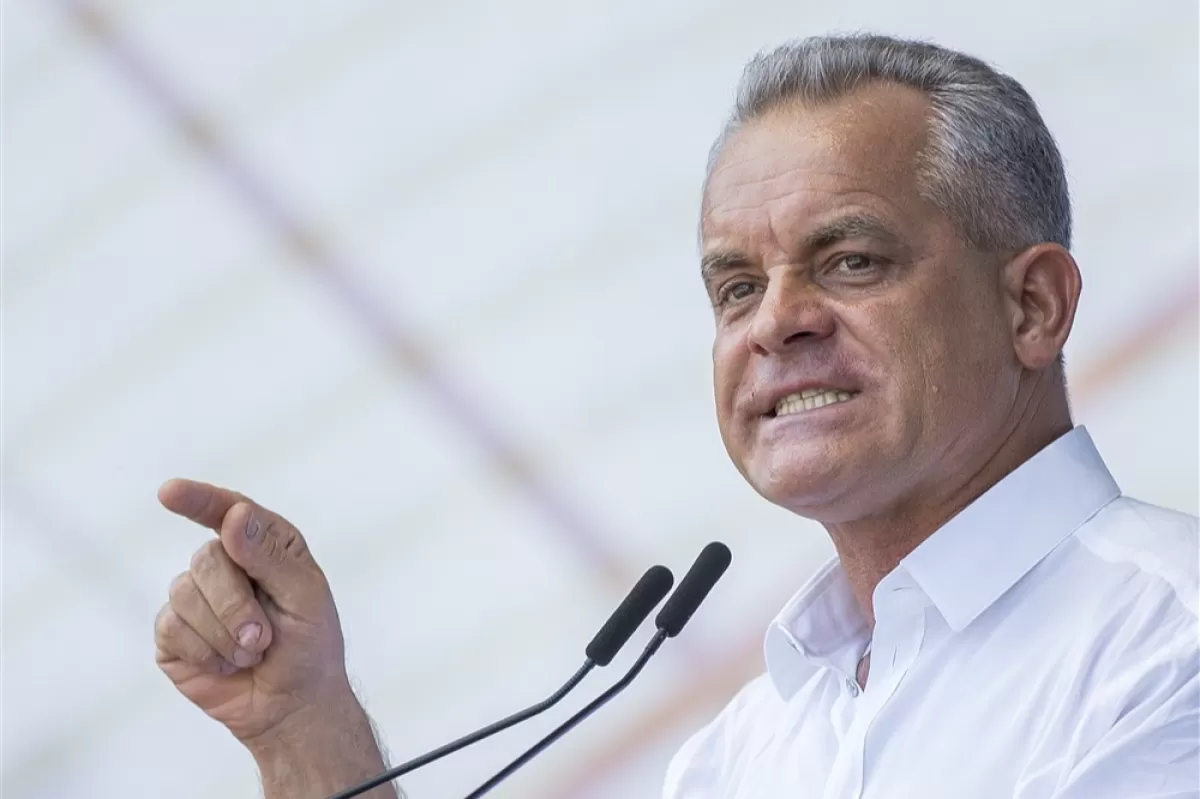
When it came to power, the pro-European government promised to reform the judiciary and bring to justice the oligarchs who embezzled state funds and are now hiding abroad. Vladimir Plahotniuc, Ilan Shor and fugitives from “the London group” seem to continue to enjoy protection from the system they helped build and are supporting efforts to oust the current pro-European administration. On the other hand, the authorities also rely on the support of the country’s Western partners, who seem to have understood that oligarchs are pressing for closer relations with the Russian Federation.

Estonian city Narva and Russia’s Ivangorod are connected by a Friendship Bridge, a name that sounds quite ironic nowadays when many Ukrainian refugees use the bridge to make their way to Europe. They had to go East, then North, as their route West was blocked by the fighting. A network of Russian and Estonian volunteers has been helping these refugees. While some continue towards other European countries, many decided to stay in the small Baltic country, which is starting to feel overwhelmed.

Between December 26 and 27, 2022, the informal Summit of the leaders of the CIS states took place in the city of Sankt-Petersburg. The meeting should have shown that this Russian-dominated organization, which for years has been trying to present it as an alternative to the more attractive EU and NATO, is relevant and viable, that Moscow enjoys the support of its ex-Soviet partners even in the conditions of the war in Ukraine. Speeches about cooperation cannot mask the reality: the CIS is an outdated organization, in crisis, which has no serious long-term prospects.

The war in Ukraine, sovereigntist rhetoric and conspiracy theories regarding the so-called sanitary dictatorship were the topics of scores of disinformation narratives and fake news published in Romania in 2022. They were promoted by/on various media outlets (România liberă, Național, Activenews, GoldFM, gândește.org etc.) as well as on social media by controversial figures such as Sorin Roșca Stănescu, Cosmin Gușă, Diana Șoșoacă and Adrian Severin.

The war launched by Russia in Ukraine also led to an intensification of the use of propaganda materials, fake news and disinformation targeting the Republic of Moldova. The goal was to discredit the West and undermine the values it promotes, but also to blame the pro-European government for the economic and social issues initially triggered by the Covid pandemic, then by the war.

The war still haunts the refugees, even though some left Ukraine months ago. The memory of Russian bombing is still alive for them. They speak all the time to their relatives back home, who give them regular updates on what’s happening. They keep thinking of going back home. A few tens of thousands out of the millions of Ukrainian war refugees chose to stay in the Republic of Moldova. Mariana Vasilache spoke to some of them at her childhood school, which is now their new home.
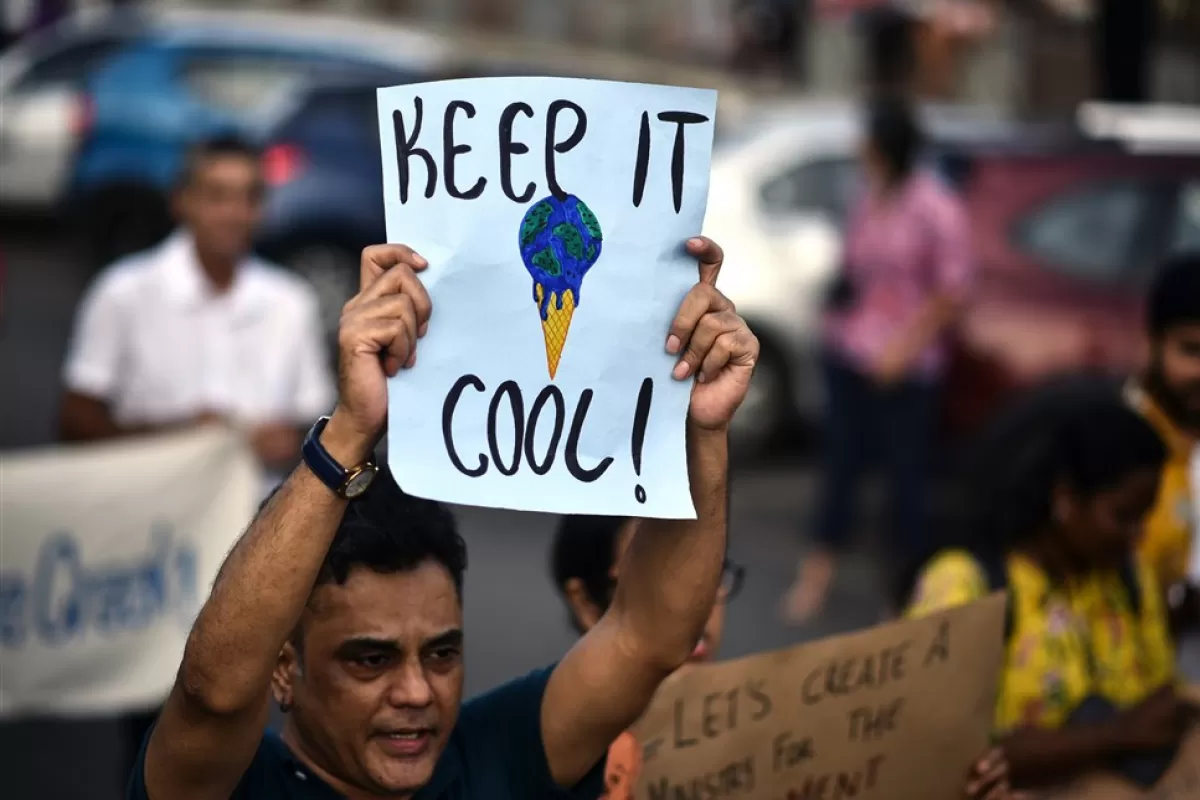
Efforts to combat climate change have had mixed results in 2022, which are best described by the saying “one step forward, two steps back"”. While governments are still slow in taking decisive action, the effects of climate change are already being felt. To diminish their impact and magnitude, there is an urgent need for the United States and China to agree in 2023 to combat them.

On February 24, 2022, the free world woke up to a dystopia. It had believed in peace more than it did in the signs of war, and had invested Putin with its good faith, just as it had done with Hitler in the years leading up to World War II. Russia has reintroduced large-scale war into a post-modern, hedonist society whose instincts were weakened by peace and prosperity, thus restoring evil to a global standing. Prior to the launch of the invasion, Europe hadn’t seen an interstate conflict in over 75 years. Any counterfactual examination is obviously pointless, but still, the question remains: how could the West fail again to foresee the predictable advent of a totalitarian regime with fascist overtones and the start of a new war in Europe?
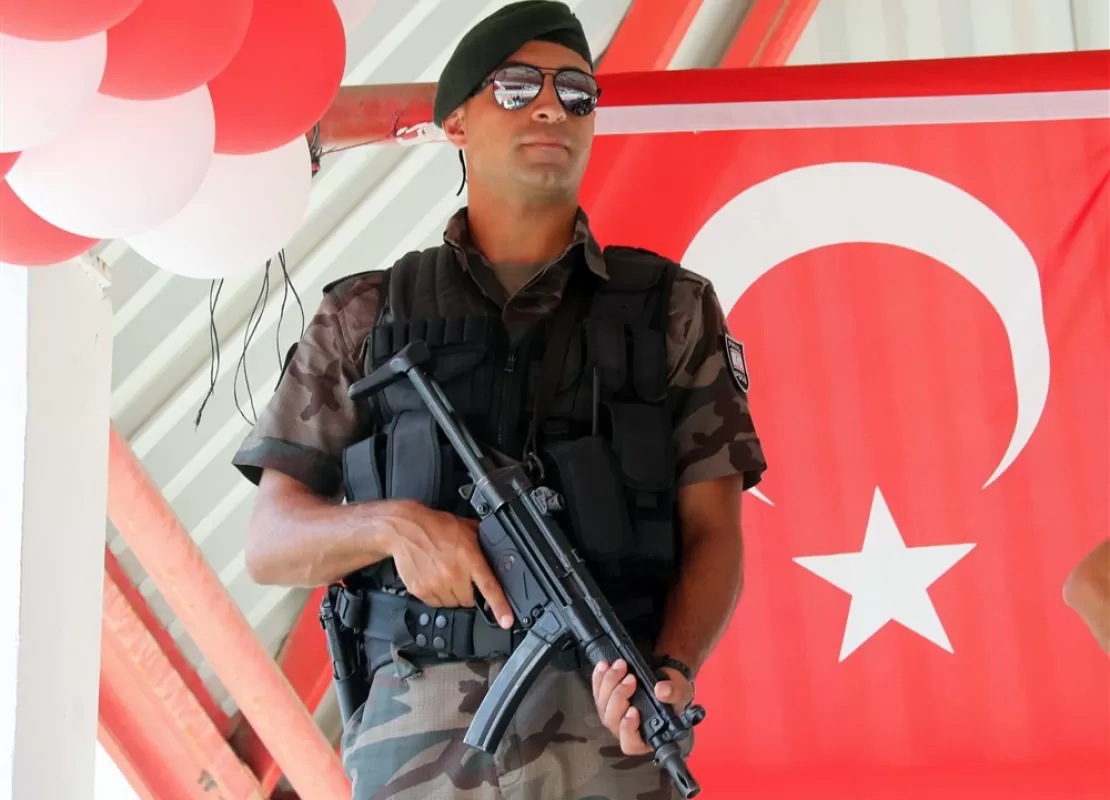
In recent years, Turkey has increasingly tried to project its power outside its borders, be it the Mediterranean Sea, with Cyprus and Libya as key pieces in Ankara's policy, sub-Saharan Africa, the Middle East, or the Caucasus. To achieve its goal, Ankara has relied on aggressive diplomacy, its defense industry and its military. This policy will continue in 2023 and its big stakes are Northern Cyprus and energy.

The decision of the four countries to leave the International Investment Bank (IIB), also known as the “Russian Spy Bank”, came within days of Russia invading Ukraine. The legal proceedings were cumbersome in certain countries, due to the financial risks such a move entailed. Set up in 1970, the Bank continues to operate today in Budapest, although key decisions are taken in Moscow.

Rich Western countries with important markets are a major stake for China. Chinese companies are also present, to a lesser extent, in Central and Eastern Europe. But is this region a stake in itself for Beijing, or just a “stop” on the New Silk Road to the West? How extensive are bilateral relations and to what extent are they influenced by the West? Veridica collaborators in the region – Bulgaria, the Baltic countries, the Czech Republic, the Republic of Moldova, Poland, Romania and Ukraine – have tried to answer these questions.
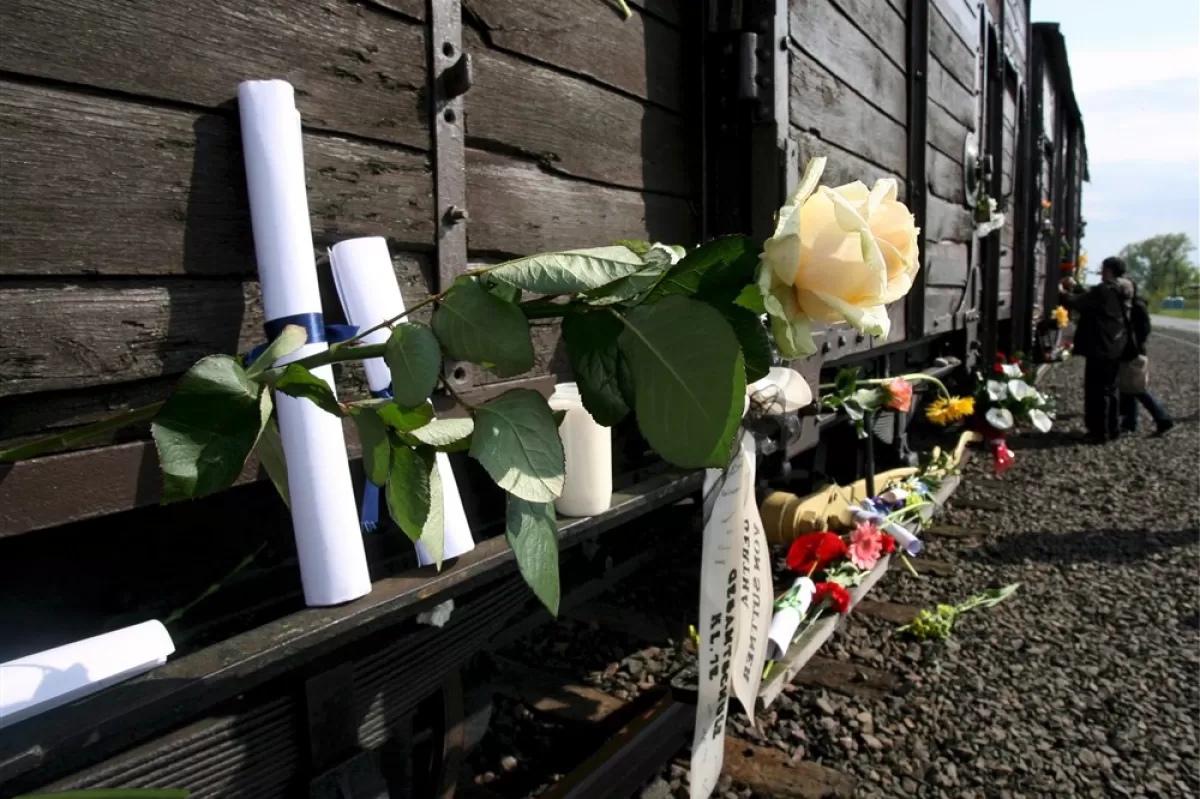
As the years pass, the last witnesses to the nightmare of Auschwitz-Birkenau, the death factory where more than a million Jews from all over Europe were exterminated, are passing away. What remains is the camp itself, and the objects within it that allow historians and conservationists to learn the stories of individuals. Their stories not only help to understand the tragedy of the victims who were exterminated here, but add a human, personal dimension to these memories.
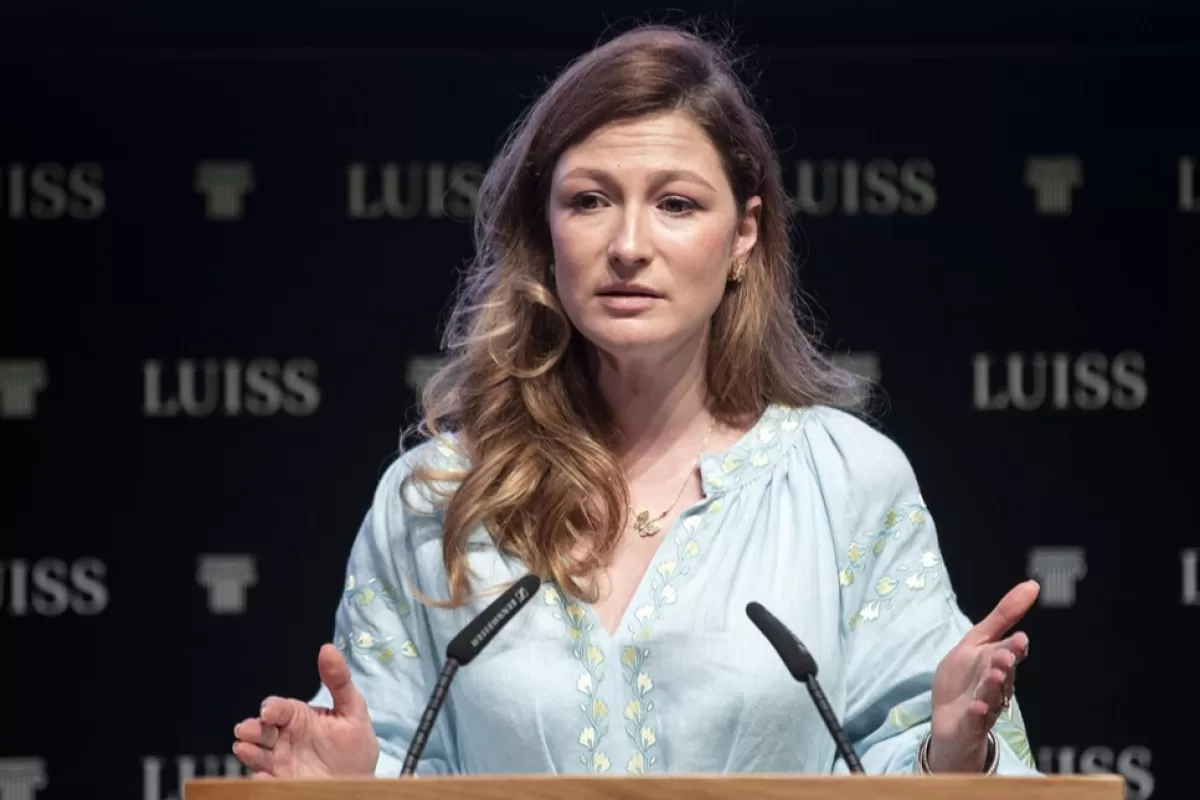
Crimean Tatars were the first victims of Russian aggression in Ukraine and continue to be persecuted by Moscow, according to Kiev's Deputy Foreign Minister Emine Japarova. In an interview with Veridica, Japarova, who coordinates the strategy of the Crimea Platform and is responsible, among other things, for public diplomacy and the relationship with international organizations, explained how Russia violates the Geneva Conventions and why its crimes in Ukraine can be considered a genocide.
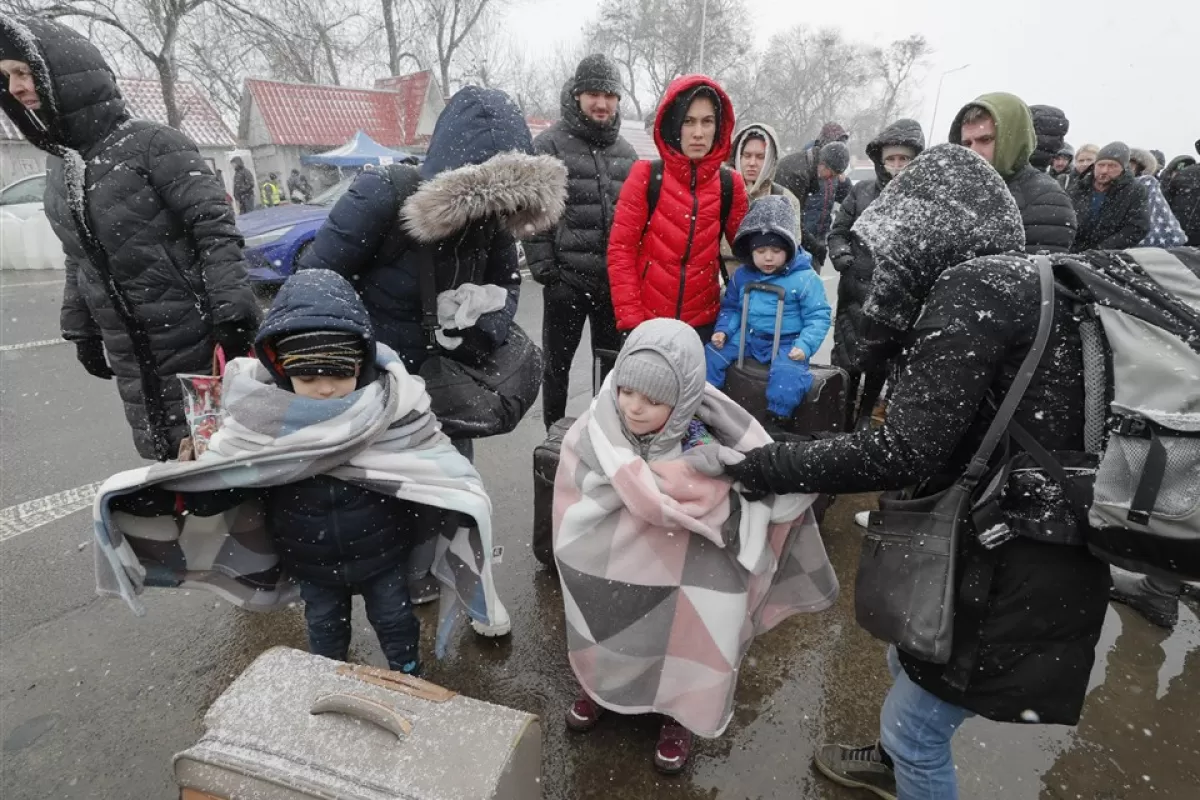
Millions of Ukrainians headed to Romania when Russia attacked their country. Instead of a land of poor and hostile bandits, as the propaganda had described it, they found the help and shelter they needed - even if there were also marginal voices spreading, as everywhere in Europe, disinformation about refugees. Some of them stayed, others moved on. Veridica has the stories of some of them, from the first days of the war until now.

The meeting of NATO Foreign Ministers held in Bucharest over November 29-30 was not overlooked by Russian officials, nor propaganda media. Moscow interpreted the event in its own, different key, without however introducing new elements in terms of rhetoric. The allegations brought to the North Atlantic Treaty Alliance are the same: NATO has reached beyond the purposes it was originally designed for, it is promoting an all-out war against Russia while using the territory of other states, it is supplying Kyiv with weapons, prolonging the war indefinitely.

The political parties in Romania have not been able to outline a program or a strategy to do politics in the Republic of Moldova, but they are interested in the votes they could get from there, as, according to estimates, some one million Moldovan citizens are also Romanian citizens in documents, and that makes a significant electoral pool. Four parliamentary parties from Bucharest are currently fighting for the votes of the Bessarabians: PSD (Social Democratic Party) PNL (National Liberal Party), USR (Save Romania Union) and AUR (Alliance for the Union of Romanians). Veridica wanted to find out how these parties are positioned before the 2023 local elections in the Republic of Moldova, but especially in the run-up to the 2024 parliamentary and presidential elections in Romania.